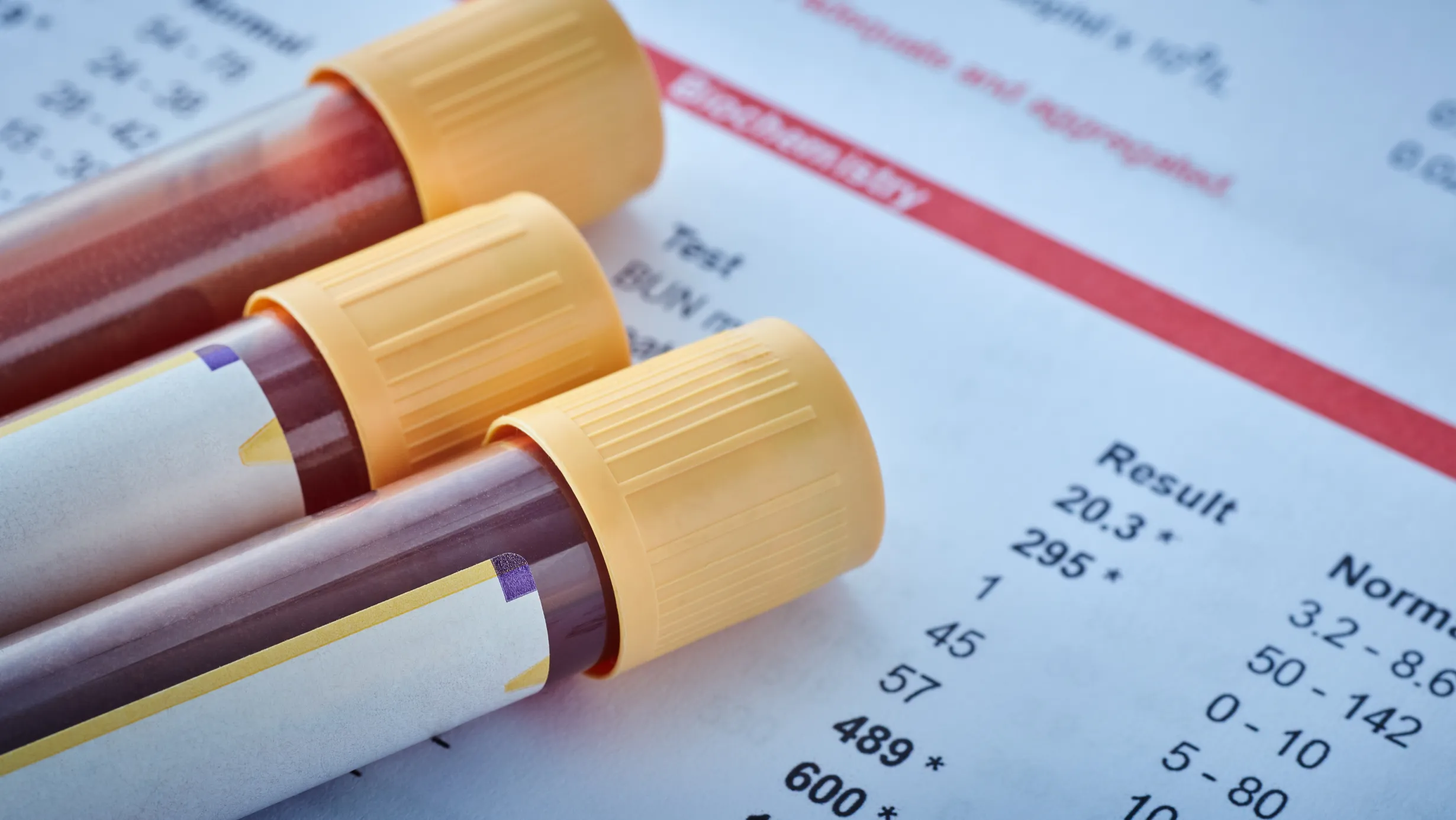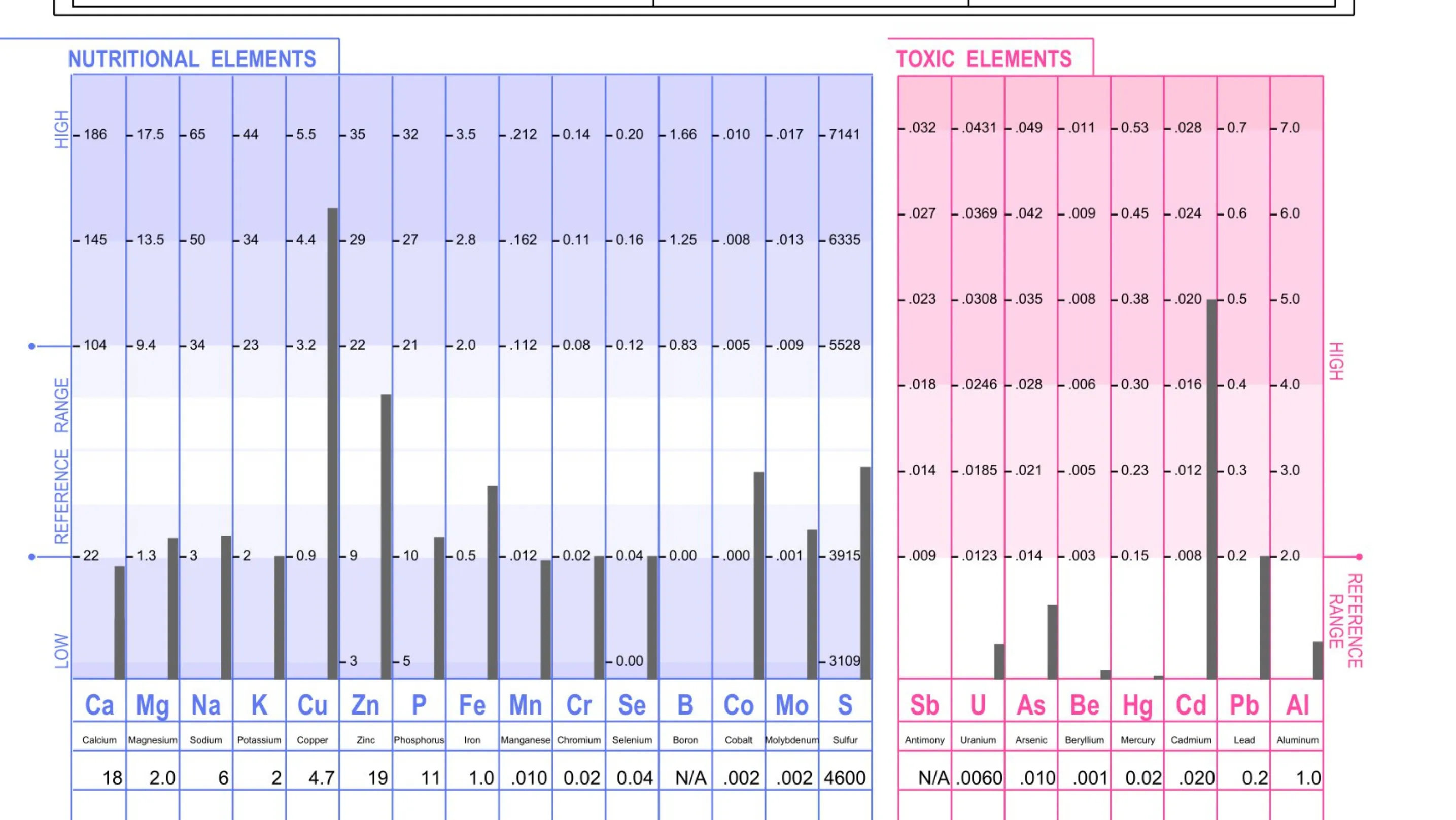I hope I’m not the first to tell you this, but your cycle can tell you A LOT about your health & fertility! It’s even been called the fifth vital sign and there are multiple books written on the topic! Your cycle is sooo much more than a monthly occurrence—it’s a window into your overall health and fertility. It’s not something you should only pay attention to once (or if) you decide to TTC. It’s something every woman should learn about because it tells you a lot about your hormones, thyroid health, nutritional imbalances, gut health, and more!
Keep in mind that I’m talking about a cycle that does not include the use of birth control. That is an entirely different topic since each form of birth control will change your cycle in some way.
What Your Cycle Is Telling You About Your Fertility
Your cycle is a key indicator of your fertility. Regular ovulation and balanced hormones are essential for conception. Here’s how different cycle patterns relate to your fertility:
Long Cycles (35+ Days)
If your cycles are long, it might mean you’re not ovulating regularly, making it harder to conceive. Working on regulating your cycle through lifestyle changes, diet, and specific supplementation will help improve changes of conception.
Short Cycles (Less Than 24 Days)
Short cycles with can make it difficult for an embryo to implant and thrive. Addressing low progesterone levels is often key to improving fertility if this is the case for you.
Symptomatic Periods
If you’re experiencing heavy periods, this could indicate an imbalance in hormones—particularly high estrogen relative to progesterone. Elevated estrogen levels can lead to a thicker uterine lining, which sheds more heavily during your period. This imbalance not only causes heavy periods but can also affect fertility by disrupting the timing of ovulation or creating an inhospitable environment for embryo implantation.
Spotting
Spotting between periods might be a sign of low progesterone or high estrogen levels, both of which can affect the uterine lining and disrupt your cycle. This can make it harder for an embryo to implant or maintain a pregnancy, thereby affecting your fertility.
Additionally, spotting may also indicate other issues such as cervical polyps or infections, which should be addressed to optimize reproductive health.
Anovulation
If you’re not ovulating, it’s essential to address the underlying issues such as hormones & thyroid health. This involve lifestyle changes, nutritional support, and targeted supplementation.
Amenorrhea (An Absent Menstrual Cycle)
An absent period is a clear sign that your body is not ovulating, which is essential for conception. If you’re experiencing amenorrhea, it’s important to identify and address the underlying cause.
The Takeaway
Understanding your cycle is vital for your overall health and fertility. If you notice any irregularities, it’s important to pay attention. For additional resources on this topic, check out Period Repair Manual by Lara Briden.
If you are struggling with sub-optimal cycles, it’s worth investing in root cause testing to get answers! Basic blood work, mineral testing (HTMA), and DUTCH (hormone) tests can give you clear answers to what your cycles (and body) are telling you!
I offer all these tests to my 1:1 clients to get to the bottom of their symptoms. If that sounds like you and you want to know more, book a free consult here!
- Kylie



